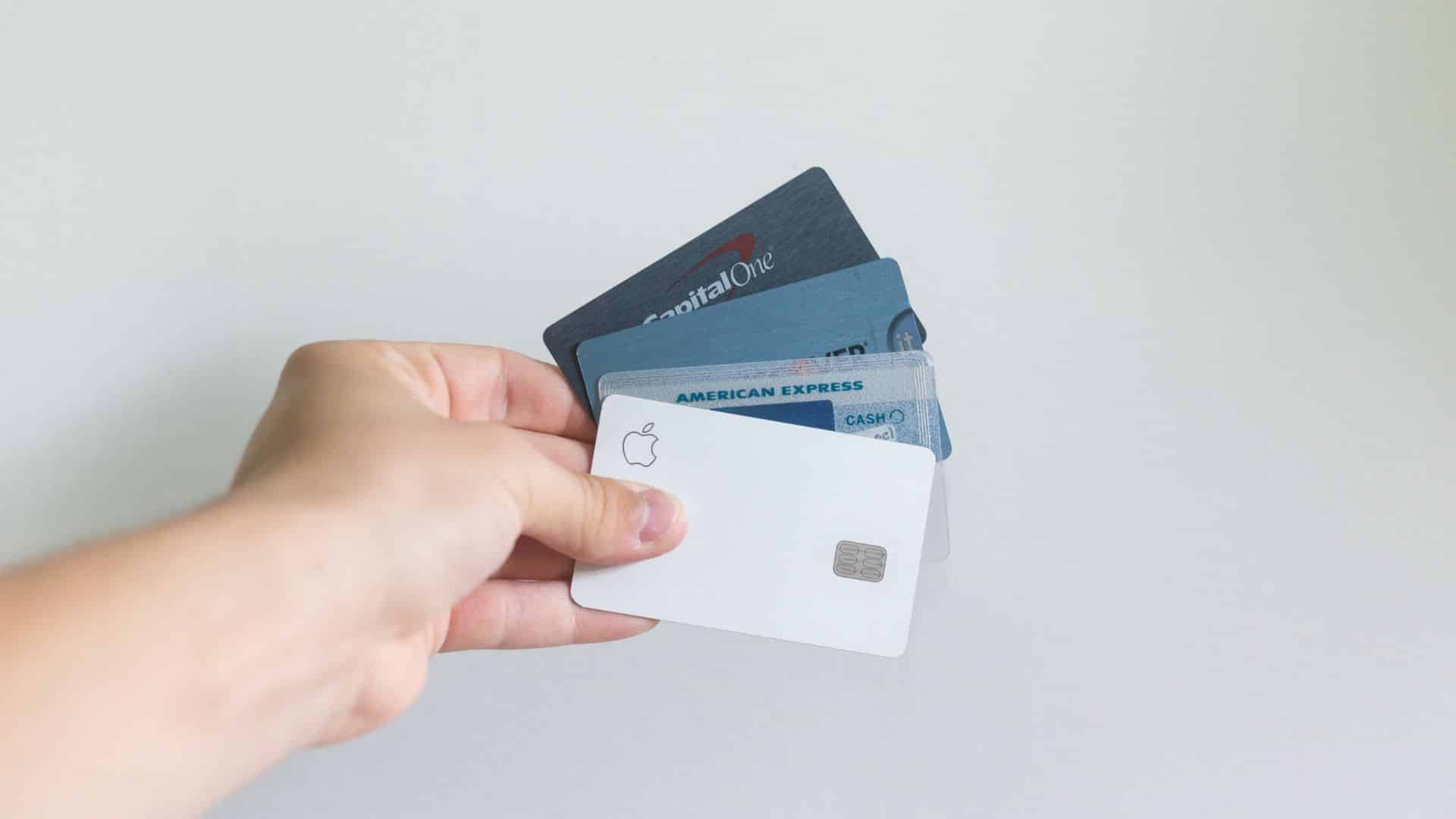Credit card debt interests can be relatively high, which can cause problems when trying to service them. Also, having too many credit card debts can negatively affect your credit score, meaning you will have problems accessing credit.
One way of getting your finances on the right track under such circumstances is consolidating your credit card debt into one monthly payment by taking a credit consolidation loan. If this is a new concept, you may want to keep reading to understand how this option works and circumstances where it would be the best option for you.
What Is Debt Consolidation?
As the name suggests, debt consolidation is bundling all your debts into one. Often, debt consolidation is used by people with multiple credit card debts to bring the pool debts into one debt for easier management.
Debt consolidation involves taking a personal loan and using the funds to repay your credit card debts, leaving you with only one debt to service. Credit card loans have variable APRs, which can go as high as 16%, making them relatively unpredictable and expensive.
Getting a personal loan eliminates the unpredictability since the APR is fixed with rates of as low as 4% if you have a good credit score translating into significant savings.
Circumstances Where Debt Consolidation Loan Is a Good Idea
You Have a Relatively Good Credit Score
Your credit score determines the amount of credit you can access and the rates the lender will apply to your loans. Most lenders consider 670 a fair credit score, meaning you can access credit at a relatively low rate.
Anything lower than 670 would mean your interest rates will be significantly high, and taking a loan to consolidate your debt may not make much difference.
ADVERTISEMENT
You Have a High-Interest Debt
Most personal loans have an average interest rate of 9.41%. On the other hand, credit card interest rates hover around 16%.
Consolidating your debt may be a good idea if you can qualify for a loan with less than your credit card’s loan rate.
You Have a Repayment Plan
The most significant danger of credit card debt is that it doesn’t have a payment plan. You can borrow and pay off the loan on an ongoing basis, meaning you can live with the debt for a lifetime.
Conversely, a personal loan has a repayment plan and would work best for a person with a plan of getting out of debt.
Finding the Best Options for Credit Card Consolidation Loan
Taking a loan to pay off your debt does not mean you are debt free. It only means that all your loans are pooled into one for easier management. If you are not careful when choosing a lender, you could pay more when consolidating a loan.
Before choosing a lender for a consolidation loan for credit card debts, you will want to consider their interest rates and other fees, such as application and originating fees. You may also want to identify all hidden charges and go for the option that fits you best.
ADVERTISEMENT
When Consolidation May Not Be an Option
While consolidating your debt is a good thing, there are situations where it may not work best for you. For example, if you have bad spending habits. Under such circumstances, you may need to work on your spending habits first.
Also, a credit consolidation loan would not make much sense if you have a poor credit score because your rates for the debt consolidation loan may be higher than your credit card rates, so you will be better off working out a way to clear the debt as it is.









